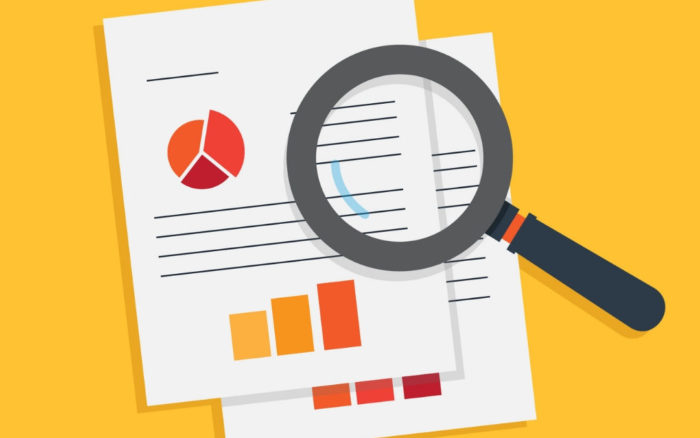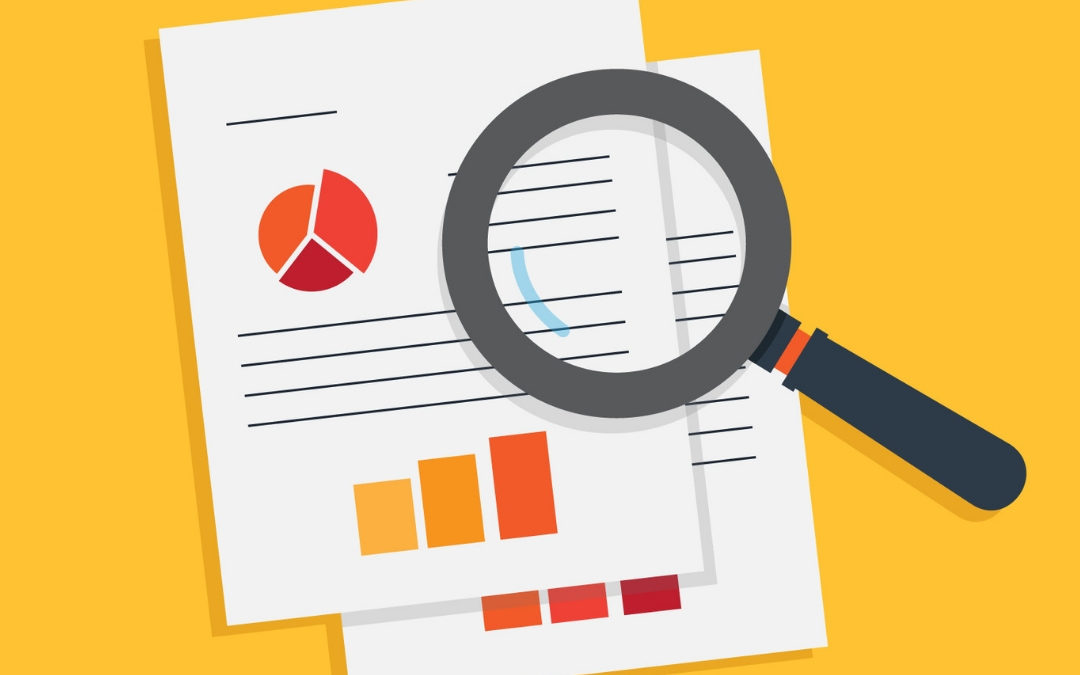Read on this post on top free Due Diligence Checklist Resources to find out how they work and what are their standard types. If you consider adding other important due diligence methods and resources in this ongoing post, do tell us in the comment box. Thank you for stopping by.
Due diligence checklists are essential for any business owner or investor as it helps them analyze the pros and cons of acquiring a company. Although this process is critical to any M&A transaction, it can be really frustrating and needs to be thorough. So to avoid the hassle of working on due diligence checklists yourself, you can always find resources available online.

But the real question is, which one should you get? To answer this we will have to take a look at different types of due diligence checklists. And from there we can move on to the top free resources you can use. But first, let’s discuss what a due diligence checklist is.
Table of Contents
What is Due Diligence Checklist?
A due diligence checklist is more of a reference tool that most businesses use while acquiring or merging with other businesses. Even investors use this tool before investing in a business of their choice. It can greatly help businesses or investors of all types from making a bad decision.
Think of as like preparing for a test. All of the due diligence present in the checklist ensures that the investor, or business, is making the right decision.
In a due diligence checklist, the acquiring company will look at things like the acquired company’s legal standing, their finances, the market in which they operate, their reputation, and of course, the organization itself. All of these together make for a cohesive check on a company that can be the bedrock for business plans and even further relationships.
Types of Due Diligence Checklists:
Understanding the different types of checklists can not only help you make better decisions, but they can also greatly impact where you receive the checklist from. Let’s take a look at the three common types of due diligence checklists:
1. Commercial Due Diligence
Commercial Due Diligence checklist takes into consideration the business’s market and its current situation. This is vital for any business, seeing how market conditions can change drastically over a set period of time. This process usually calls for assessing competitors, the state of the customers, and the possibility for growth throughout the market.
All this information helps a business or investor to measure the lofty expectations of their business plan against the realities of the market. Now when the business performs this due diligence is completely up to them. Some may start to collect information during the talks of the M&A or may do it after the other two major types of Due Diligence.
2. Financial Due Diligence
This type is quite self-explanatory. financial due diligence checklist concerns itself with the financial information that the acquired business provides. All of their financial information goes through a process of authentication, and it also helps assess the performance of a business in their respective markets.
The acquiring party will have to consider information like cash flow, earnings, assets, liabilities, and debt. Of course, many other factors go into the due diligence process and these are just the most important among the rest. The acquiring party will often use this, along with their commercial due diligence Checklist to make smarter decisions.
3. Legal Due Diligence
Legal due diligence checklist is also quite straightforward. It focuses on the legal aspects of a business and in extension, the overall transaction. Examining the legal basis of any businesses, especially the acquired company, will help create trust between both parties and increase accountability.
Some of the factors that the acquiring business will consider are employment, loans, property, legal structure, and pending litigation. These are just a few of the factors that these businesses will often have to consider.
Tools to Create Free Due Diligence Checklist

So, now that you better understand three of the major types of free due diligence checklist, we can now move on to some of the best resources that you can use.
1. DealRoom
DealRoom is the number one M&A platform that provides absolutely free due diligence checklists of various types. DealRoom is both a virtual data room software and a website that provides a multitude of products available to businesses centered around M&A. And the real star among their products is, of course, the immense library of due diligence & integration checklists.
These templates provide a lot of information on due diligence and allow even the most inexperienced people to conduct a thorough check on the acquired company.
They also provide checklists for very specific parts of the due diligence process, in case you need a little help with certain parts. From manufacturing and technology to HR and legal due diligence, if you’re looking for it, you will find it here.
In conclusion, free due diligence is an incredibly difficult process made much easier thanks to a good checklist. These checklists can be a real lifesaver and can stop you from missing out on important factors or details.
2. Smartsheet
Smartsheet is a website that is dedicated to helping businesses with their free due diligence checklist. They offer an extensive list of templates and checklists that you can use to cross-reference the work you have done.
Some of these templates are also on Excel, allowing you to simply input information and cut down on most of the leg work. And although their more detailed services are behind a paywall, you can still access all of their templates and checklists for free.
3. iAuditor
iAuditor is another big due diligence tool that helps smaller companies make better financial decisions. Their checklists and templates can all be accessed through their app, and the cloud storage feature gives businesses a reliable place to store their data without facing security risks.
The app also allows you to highlight certain parts of the free due diligence checklist by taking photos and storing them in different folders.
But despite the amazing features that iAuditor provides, it does have a steep learning curve to it. The lack of an intuitive UI and design make for a difficult time to navigate through the app. Moreover, their templates and the best due diligence checklists are not as extensive as other alternatives.
- Top Free Resources for Due Diligence Checklists - October 9, 2019
- 8 Time Management Ideas for Professionals: Time Management Tips - August 20, 2019
- How to Write a Blog Post that Connects with Your Readers? - April 24, 2017

